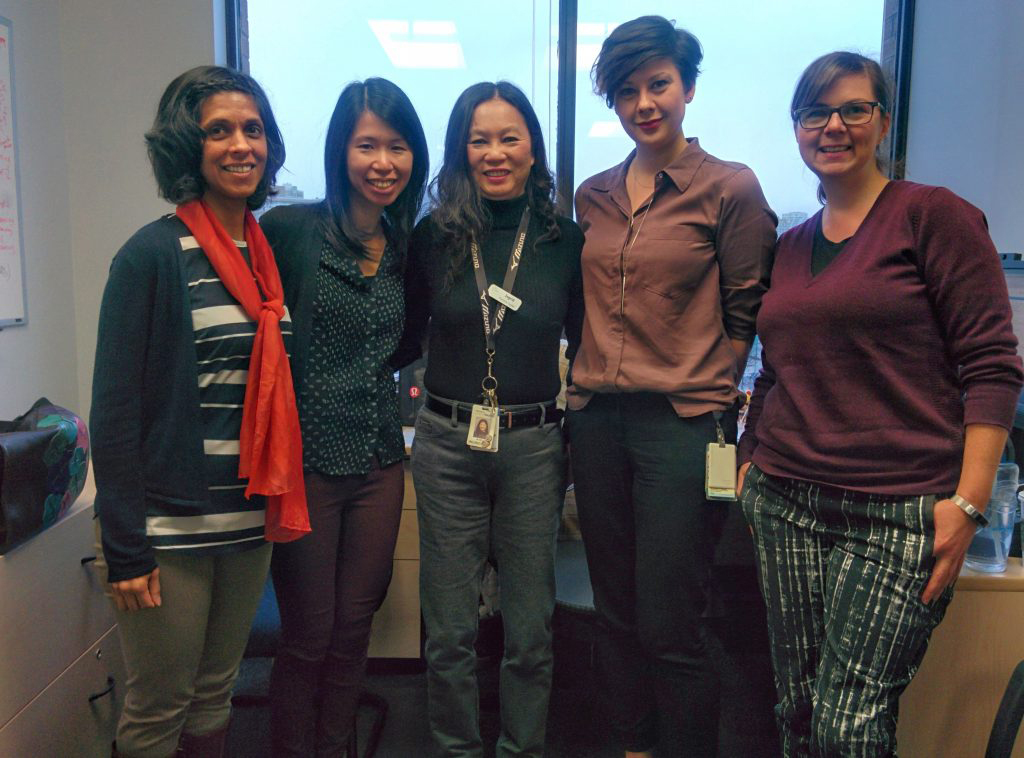- 2019
|
- Winner
|
- Coping with Transition from Life
This award was formally named “Coping with End of Life”. Our Excellence in Quality category names changed in 2020 to reflect the updates to our BC Health Quality Matrix. Visit our Categories and Criteria page to find out more.
What does high-quality end-of-life care look like? There is abundant evidence that having early conversations with patients about their goals for care is associated with better quality of life, reduced use of non-beneficial care near death, and positive family outcomes. At Vancouver Coastal Health (VCH), staff noticed these conversations did not routinely occur, or they occurred too late in patients’ illnesses to impact their care in a meaningful way.
The Integrating a Palliative Approach by Having Conversations Early (iPACE) project aims to empower frontline staff (physicians, nurses, allied) across disciplines and care settings to incorporate these conversations into their work.

The iPACE team provides on-site education sessions to staff who have not traditionally been trained in a palliative approach to care. Staff learn to identify patients who may benefit from a palliative approach, to have early “goals of care” conversations with those patients, and to document those conversations so that patients’ beliefs, values and wishes are respected throughout their health care journey. The iPACE team is available over several months for coaching and mentoring, allowing staff to use their new skills in a supportive environment and improve how they embed the practice into their everyday work.
The iPACE team has delivered 608 education sessions to 2,664 staff across VCH and has provided additional support and training to 255 champions throughout the organization, across community and acute care settings. Staff who received training have reported increased confidence in having “goals of care” conversations, from 6.4/10 before training to 7.7/10 six months after, with an increase in documented “goals of care” conversations from 14 new conversations per month to 69.
Staff who have taken the training recognize the patient-centredness of the education and palliative approach, remarking that “it is always valuable to start conversations about how we can care for people, help them feel valued and respected, and increase their quality of life.”

